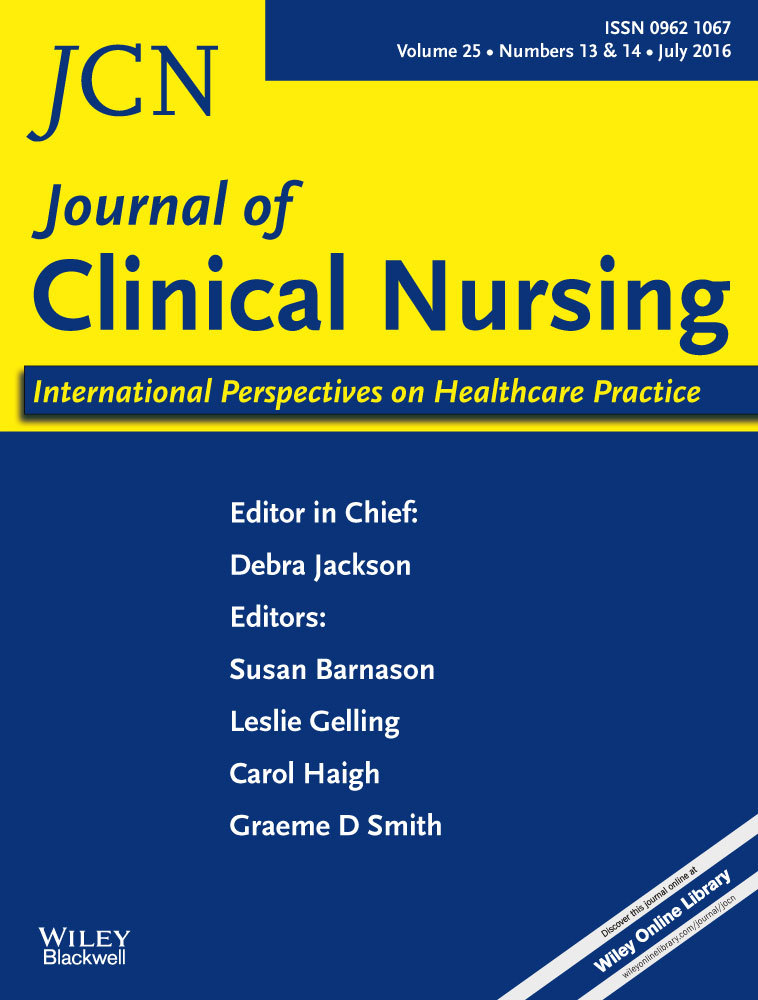Exploring the experiences of nurses and doctors involved in stroke care: a qualitative study
Abstract
Aims and objectives
To describe the current stroke care delivery arrangements in Greece and to explore nursing and medical staff knowledge, skills and attitudes, towards stroke care and management.
Background
Stroke care is diverse in the Greek public healthcare system and is delivered in a medical, neurology or a recently introduced, specialised unit. These settings are available alternatively under a central rota system.
Design
Descriptive qualitative investigation using semi-structured interviews.
Methods
A purposeful sample of 21 hospital staff were interviewed and verbatim data was transcribed for content analysis. Staff were selected from the various settings involved in stroke care; six medical and 15 nursing staff (12 female) were interviewed.
Results
A number of themes emerged from the interview data and these include: (1) current facilities, (2) admission destination, (3) stroke nursing care, and (4) family involvement and continuing education needs.
Discussion
Innovation and development can occur, even in the face of adversity, due to the commitment, passion and insight of healthcare professionals to enhance stroke care to aspire to international standards.
Conclusions
Greek stroke nurses can achieve their professional potential within the appropriate working environment. The Stroke Bay working ethos and environment enhances professional autonomy and scope of practice.
Relevance to clinical practice
By exploring staff's knowledge and attitudes towards stroke care, nurses and healthcare professionals in general will gain a better understanding of their multiple clinical roles as stroke care providers by reflecting on their patients’ needs.




